A money transfer operator (provider) license is an official permit issued by the regulatory authorities of a particular jurisdiction in the financial and banking sector, which allows companies to carry out activities related to financial transfers. This activity includes not only the organization of direct money transfers between the accounts of individuals and companies, but also the issuance, receipt and use of electronic money, as well as operations with payment cards and electronic wallets.
Having such a license is a proof that the company meets strict standards of safety, reliability and transparency, which increases the trust of clients and investors. However, this license is different from the license of a bank or other credit institution, which have more serious requirements.
When you need a license
A license is required for any company willing to offer its customers an account, money transfer or e-money contract. Obtaining a license is particularly important for companies operating internationally or offering services via the Internet, as such activities imply higher financial security risks and higher money laundering risks.
Popular jurisdictions for obtaining a license
The preferred jurisdictions for licenses are the European Union countries with strict but well-defined regulatory frameworks, as well as some Asian jurisdictions (e.g. Hong Kong or Singapore) and island states (e.g. Belize, etc.) that offer more flexible conditions for payment innovations. Each jurisdiction has its own unique requirements and advantages, including tax policies and level of access to international financial markets. Therefore, it is critical to consult with experts before obtaining a license to determine the jurisdiction best suited to the company's objectives. GMT Legal has extensive experience in supporting the obtaining of financial licenses in various jurisdictions around the world. Our experts are ready to advise you and select the best jurisdiction for your project.
Main requirements for obtaining a license
To obtain a license, a prospective operator must meet a number of criteria, including:
- the existence of a transparent management organization;
- sufficient capital levels;
- a system of clear internal control procedures;
- compliance and a specific anti-money laundering tool;
- availability of qualified personnel capable of providing an appropriate level of safety and quality of service.
In addition, the prospective operator must demonstrate the ability to properly manage the financial risks and ensure high standards of customer data protection. Regulators also look at a company's history, reputation and experience in the financial services industry.
Cost of obtaining a license
The cost of obtaining a money transfer services operator license depends on many factors, including jurisdiction, the complexity and scope of the procedures required, and documentation requirements. In some cases, in addition to direct government fees, companies may need to invest in improving internal systems and technology to meet the regulatory standards.
GMT Legal offers advice on the best choice of foreign jurisdiction and helps to estimate the total cost of the licensing process, offering effective solutions to minimize costs.
Our service for obtaining a money transfer services operator's license includes full licensing support, from initial analysis of requirements and preparation of the necessary documentation to representation of client's interests before regulatory authorities. Our team has in-depth knowledge of financial regulation, international law, as well as Russian laws, which allows us to successfully support clients at all stages of the process of obtaining a license.

